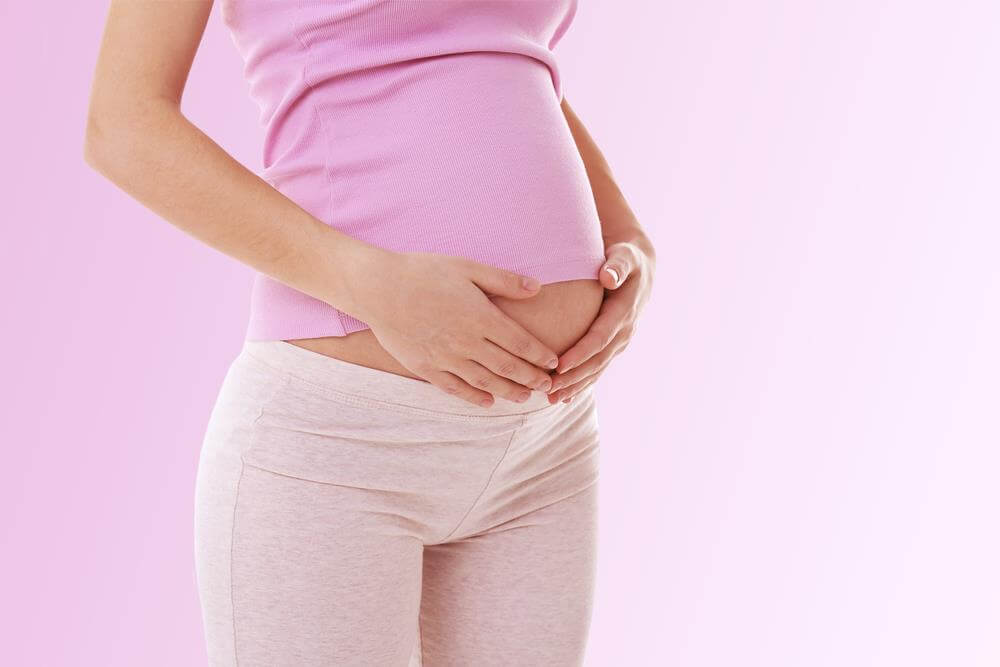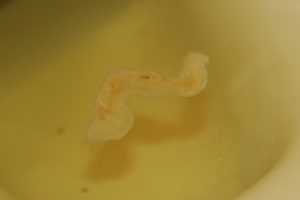Pregnancy, gestation, or gravity may be defined as the period during which the offspring of a human develops from an embryo into a foetus inside the body of a woman. Pregnancy may be single or multiple (twins, triplets, quadruplets, etc.). A woman gives birth to a live and healthy baby after nine months (38 weeks) of gestation, but a baby may be born prematurely due to various physiological and pathological causes. The normal mechanism of getting pregnant is via sexual intercourse in which the sperms from the male enters the female to fertilise the female ovum. However, with the advancement of technology, numerous methods and techniques have been developed which may help women who cannot become pregnant due to some pathology e.g. a woman who is infertile or men who are infertile, But most of the time people asked Can you get pregnant while on your period? Therefore, these advancements help such couples who yearn for a baby but are not able to conceive. Such techniques are called as assisted reproductive technology which include a variety of methods e.g. in vitro fertilization.
Pregnancy has a very complicated physiology. A woman cannot become pregnant any time she wants to, because, in order for the body to get ready for implantation, the woman’s uterus has to go through various physiological and hormonal changes. Therefore, more often than not, the reason that a woman cannot become pregnant is not because there is something wrong with her or her partner but it is that the couple does not engage in coitus during the right timing, i.e. “the window of fertility.”
This window of fertility is not the same for every woman. It may vary from person to person and is therefore somewhat difficult to calculate. Even though the period of menstruation is considered to be infertile, there have been some instances where women have conceived during their menses.
In order to better understand the fertility period and the process of fertilisation of the ovum which results in conception or pregnancy, we have to get a better understanding of the female menstruation cycle and the very idea of menstruation.
Menstruation or periods can be defined as the discharge of blood and the inner lining of the uterus through the vaginal opening. Day 1 of menses is considered to be the start of the regular female menstruation cycle. The average time period between two menstruation cycles is 28 days but it may vary from woman to woman . why people asked Can you get pregnant while on your period ?
A healthy female menstruation cycle consists of two stages which occur simultaneously.
- Ovarian cycle phase
- Uterine cycle phase
Each stage consists of two phases:
-
Ovarian cycle phase:
Follicular phase: this phase is from day 1-14 of the menstrual cycle. In this phase the primordial follicles present in the ovaries under the influence of pituitary hormones (FSH, LH) and estrogen undergoes progressive development to form a single tertiary follicle. On the 14th day, there is a surge of LH, resulting in ovulation, a process in which the ovary releases the tertiary follicle which then travels to the fallopian tube, ready to be fertilized. It is in this tertiary follicle that the male sperm enters to cause fertilization.
Luteal phase: this phase is from day 15-28 of the menstrual cycle. If the tertiary follicle is not fertilized by the sperm, it is transformed into the corpus luteum under the influence of the hormone progesterone, thereby initiating the luteal phase of the menstrual cycle. This corpus luteum releases hormones which maintains the integrity of the uterus during the secretory phase. But as it degenerates, the hormones released by it stop, therefore initiating menstruation.

-
Uterine cycle phase:
Menses: these mark the start of the female menstruation cycle from day 1-7 but it may vary.
Proliferative phase: this phase begins on day 8 until day 14 and under the influence of mainly oestrogen, the cells of the uterine wall begin to proliferate, in order to ready the uterus for implantation. Therefore, on day 14 when ovulation occurs and if fertilisation takes place, the uterine wall is thick enough that the fertilised ovum can implant itself.
Secretory phase: this phase is from day 15-28. If the fertilisation does not occur, the uterine wall becomes glandular and the vascular supply starts to constrict resulting in ischemia and sloughing off of the inner layer of the uterus, thereby resulting in menses.
A woman can only get pregnant during her window of fertility which begins after her menses and lasts until the ovulation i.e. from day 8-14 of the female menstrual cycle. The lifespan of the male sperm is only 3-5 days and in order for fertilization to take place, the sperm has to enter the mature female ovum which is only available after the process of ovulation. Therefore, the closer to the ovulation the sperm enters the female body, the higher is the chance of fertilization of the ovum.
Now looking at the female reproductive cycle, it seems impossible that a woman who has had unprotected sex during her menstruation period can get pregnant because in a typical female with the menstrual cycle of average 28 days, ovulation does not take place until 7 days after the completion of her menses. Therefore, it is a very high probability that a woman who engages in sexual intercourse during her period cannot get pregnant.
It does not mean that this is impossible. For women who have a shorter menstrual cycle i.e. for 21-25 days, ovulation takes place early i.e. ovulation in these women is not occurring on the 14th day rather it is taking place on day 10 or 11. Therefore, if a woman has sexual intercourse on the 7th day of her menses or even on the 5th day and ovulation occurs 3-5 days after her menses. Because a male sperm can survive in the body for 5-7 days. Therefore, fertilization can occur and the woman Symptoms of low progesterone in pregnancy
Sometimes, women claiming that they got pregnant during their menses mistake inter menstrual spotting for their period.
In conclusion, there is a high probability that a woman does not get pregnant if she has intercourse during her period, but this is not impossible and there is a chance that it can happen.










